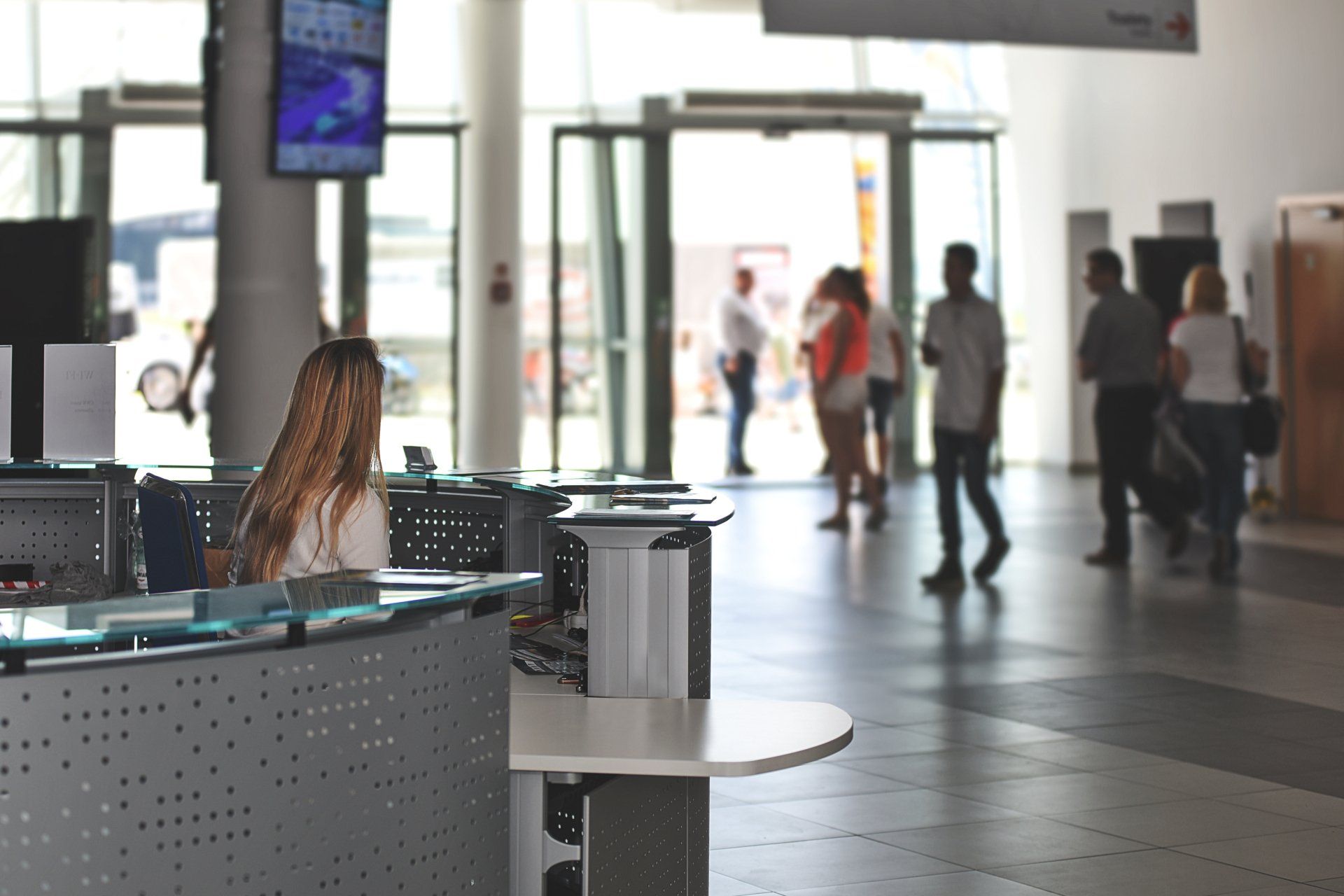Virtual Efficiency: Navigating Startup Success through Cost-Effective Office Solutions
In the ever-evolving landscape of entrepreneurship, startups are constantly seeking innovative ways to optimize their operations and conserve precious funds. One such solution gaining prominence is the adoption of virtual offices. Beyond the traditional brick-and-mortar setup, virtual offices offer a cost-effective alternative that not only aligns with modern work trends but also significantly contributes to financial sustainability for startups. In this article, we delve into how virtual offices can be a strategic asset in saving valuable startup funds.
1. Eliminating Overhead Costs
One of the primary advantages of opting for a virtual office is the substantial reduction in overhead costs. Traditional office spaces come with hefty expenses such as rent, utilities, maintenance, and furnishing. By transitioning to a virtual office, startups can completely eliminate or significantly reduce these fixed costs, channeling the savings into core business activities, product development, or marketing efforts.
2. Flexible Workforce and Talent Acquisition
Virtual offices empower startups to tap into a global pool of talent without the constraints of geographic location. By embracing remote work, startups can hire skilled professionals from different regions, often at a lower cost compared to hiring locally. This not only enhances the diversity and expertise within the team but also helps in optimizing labor expenses, a critical factor for startups operating on tight budgets.
3. Technology-driven Collaboration
Advancements in technology have transformed the way teams collaborate and communicate. Virtual offices leverage a suite of digital tools and platforms for seamless interaction among team members, eliminating the need for physical office spaces. This not only reduces travel expenses but also enhances productivity by fostering efficient remote collaboration, making the most of available resources.
4. Scalability and Growth
Startups often experience rapid changes in their workforce and operational needs during different phases of growth. Virtual offices provide the flexibility to scale up or down without the constraints of physical space limitations. Whether it's accommodating a growing team or adapting to fluctuations in market demand, virtual offices enable startups to adjust their operations dynamically, ensuring efficient resource allocation.
5. Enhanced Employee Satisfaction and Retention
Virtual offices contribute to a better work-life balance for employees, leading to increased job satisfaction and retention rates. The ability to work remotely appeals to a diverse talent pool, and satisfied employees are more likely to stay with the company, reducing recruitment and training costs associated with high turnover rates common in traditional office setups.
6. Reduced Commuting Costs and Environmental Impact
By embracing virtual offices, startups contribute to a sustainable work culture by minimizing commuting. This not only reduces the environmental footprint but also translates into tangible cost savings for employees. As a result, startups can indirectly support their workforce and foster a positive company image, attracting environmentally conscious talent.
7. Access to Premium Business Addresses
Virtual offices offer startups the opportunity to establish a professional presence without the hefty price tag associated with prime business locations. By securing a prestigious business address, startups can enhance their credibility and build trust with clients and partners, laying the groundwork for future business opportunities.
The adoption of virtual offices emerges as a strategic move for startups looking to optimize their financial resources. By eliminating overhead costs, embracing remote work, leveraging technology, and promoting scalability, virtual offices pave the way for financial sustainability and long-term success. As startups navigate the dynamic business landscape, embracing virtual offices can be a key factor in ensuring a lean and efficient operation that maximizes the potential for growth and innovation.












